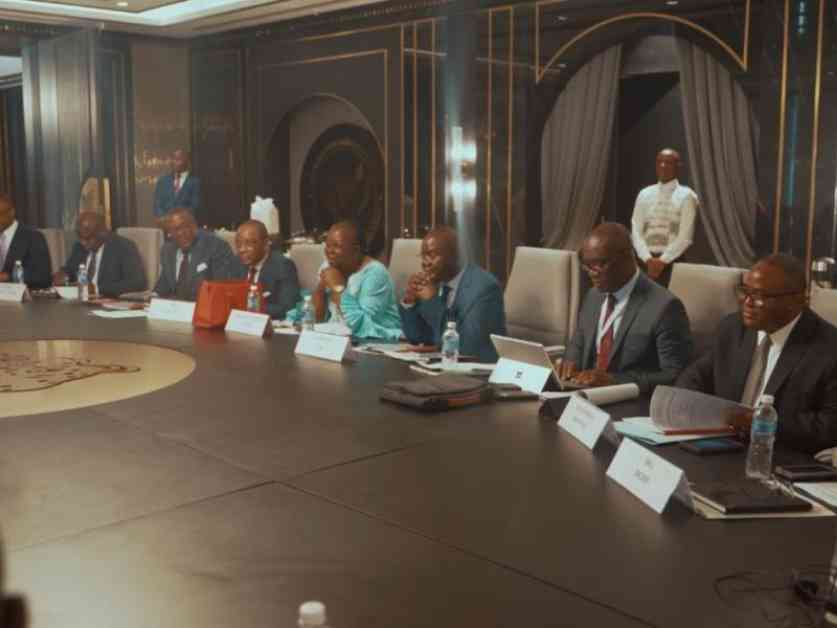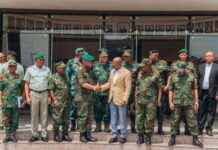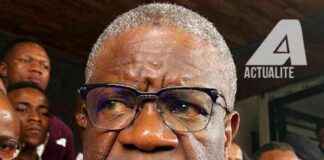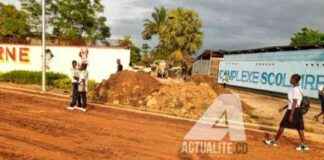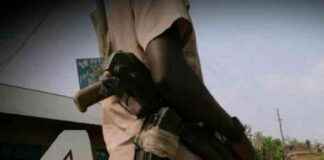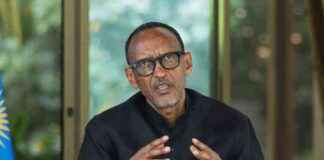First Political Meeting After IMF Agreement in DRC
The Democratic Republic of Congo (DRC) held its first political meeting of the year on Thursday, chaired by the Minister of Budget, Aimé Boji. The focus of the discussions was the recent agreement with the International Monetary Fund (IMF), involving a record financing of nearly three billion dollars to support economic growth and combat climate change.
Key Discussions and Commitments
According to Félicien Mulenda, coordinator of the Technical Committee for Monitoring and Evaluation of Reforms (CTR), the discussions revolved around reviewing key indicators and commitments, especially regarding public financial management, to ensure their timely implementation. Priority commitments included managing emergency expenses, deploying public accountants in key ministries, and outlining the Central Bank of Congo’s intervention policy in the market.
Government Progress and Future Plans
The government highlighted the progress made under the first program with the IMF in 2024, particularly in terms of economic stability. Mulenda emphasized the importance of maintaining budgetary and monetary management to preserve stability, a crucial public good for the population. In November, a preliminary agreement was signed between the Congolese government and the IMF for two programs supported by the Extended Credit Facility (ECF) and the Extended Fund Facility (EFF), totaling 2.87 billion dollars over three years. These programs aim to boost economic growth and address climate challenges.
Future Outlook and Reforms
While the agreement is still pending approval from the IMF’s Executive Board, it includes strengthening reforms to enhance governance, transparency, the business environment, and the fight against corruption. The government remains committed to implementing these reforms to improve the country’s economic stability and overall well-being.
Our humanizing touch: Imagine a small business owner in the DRC, struggling to make ends meet due to economic instability and lack of resources. This agreement with the IMF could mean access to funding, better financial management, and ultimately a brighter future for individuals and families across the country. It’s not just about numbers and policies—it’s about real people and their hopes for a better tomorrow.
